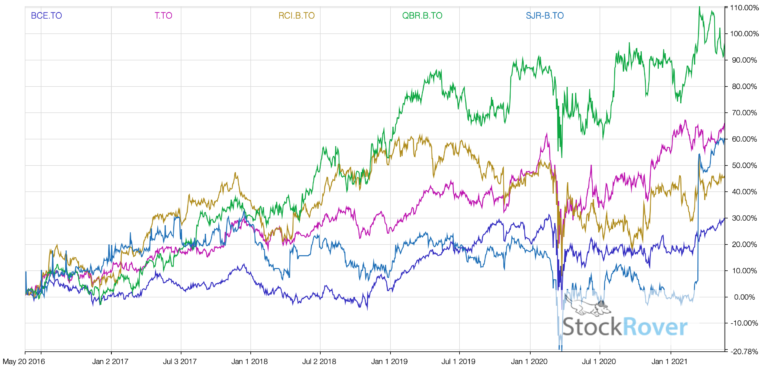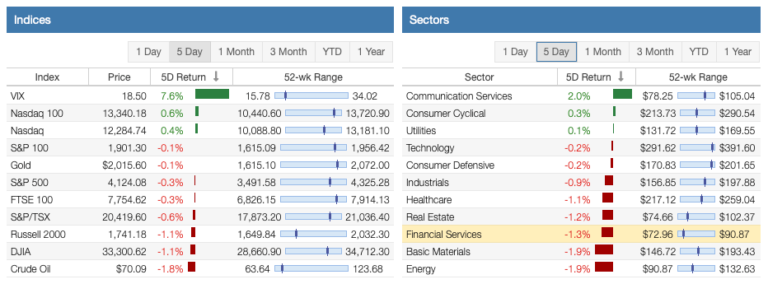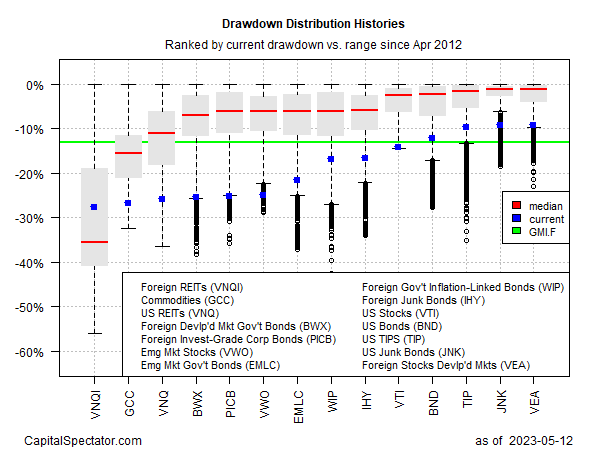
These days, it seems like the economy is always in a state of flux. Just when you think things are starting to rebound, something else happens, like drought, high inflation, or a semiconductor shortage that throws everything into turmoil again. As a result, the United States economy has slowed in 2022 compared to 2021. Moreover, some people think the U.S. economy is already in a recession because of two consecutive quarters of negative GDP growth. To make matters worse, the U.S. Federal Reserve has increased interest rates causing mortgage rates to rise and making houses more expensive. Therefore, the uncertain economy and recession probability make buying a home riskier.
If you’re considering buying a house during these uncertain economic times, you should keep a few things in mind. We show you how to navigate the home buying process during a recession.

Affiliate
Pay off your debt using spare change with ChangEd. ChangEd gives borrowers the ability to link all of their loans and builds a repayment journey that aligns with any budget. This app will help you save in small increments and automate those savings toward your debt regularly to help borrowers save in interest and become debt free sooner.
Steps to Take When Buying a Home in a Recession
1. Research Mortgages and Determine How Much You Can Afford
One of the first things you need to do when buying a house is to research mortgages and figure out how much you can afford. There are many different lenders out there, and each has its requirements for approval.
Some banks and lenders may be more lenient than others with their mortgage approvals during a recession. But most will take a fine-tooth comb through your employment and credit history, among other details.
It’s important to compare mortgage rate quotes from different lenders before deciding. Rates differ between types of mortgages and the points or fees you pay. You can try an online mortgage calculator to get a rough idea of your monthly payments. Remember that the amount you’re approved for may not match what you’re comfortable paying each month. People who buy too much house become house poor.
2. Save Up for a Down Payment
During prosperous economic times, it’s not uncommon for people to put down as little as 3% to 5% of the purchase price on a home. However, it’s a good idea to plan for a 20% down payment during a recession. And if you’re purchasing an investment property, you’ll be required to pay at least 20%. With some planning and frugal living, newlyweds or a single person should be able to save $10,000 annually.
Common sense tells you the larger your down payment, the lower your monthly payments. Plus, it will make it easier to get approved for a mortgage. However, if you have a lower dollar amount than a 20% down payment for a primary residence, you may still be able to obtain a mortgage. However, you’ll probably need to pay monthly private mortgage insurance (PMI).
3. Get Your Personal Finances in Order Before You Start House Hunting
In addition to saving for a down payment, you should also ensure your finances are in good order before you start looking for homes. This requirement means paying off your debts and building up your credit score.
Usually, the greater your credit score, the better the interest rate you’ll qualify for on your mortgage. Therefore, your FICO credit score is a significant factor in determining your mortgage rates. A good credit score is generally considered to be anything above 700. You may still qualify for a house mortgage if your score is below that, but it will probably come with a higher interest rate. For example, a perfect score of 800 may have a 0.5% to 1.0% lower mortgage rate than a person with a score less than 700.
If you have considerable debt, it’s crucial to tackle it now. Below are a few quick tips for doing just that:
- Make a budget and stick to it.
- Automate your bill payments, so you never forget and miss one.
- Negotiate with your creditors for lower interest rates.
- Avoid opening any more lines of credit.
4. Be Realistic About Your Expectations
Keeping your expectations within reason when buying a home during a recession would be helpful. You may not find your dream house at the price you want, and you’ll be well-served to remain flexible in your plans.
Remember that the housing market is cyclical. Prices may fall, so if you can’t find the perfect home at a price you’re comfortable with, it might be best to wait until the market declines.
5. Consider an As-Is Property
Another option when buying a house during a recession is purchasing an as-is property. These properties are often sold at a discount, saving you money in the long run. But first, ensure you have the cash to make any necessary repairs or renovations. Otherwise, you could end up spending more money than you intended.
Here are three additional tips for evaluating an as-is property:
- First, hire a qualified home inspector to assess the property’s condition.
- Get a realistic estimate of what repairs will cost from a contractor.
- Finally, ensure you have the necessary permits for any renovations you plan.
If you go this route, find a licensed and insured contractor to handle the repairs. The last thing you want is to pay for another contractor to fix the renovations and repairs you just made!
6. Know Your Rights as a Consumer
Knowing your rights as a consumer when buying a house during a recession is also vital. The Fair Housing Act protects buyers from discrimination based on race, color, national origin, religion, sex, familial status, or disability.
This fact means sellers and real estate agents cannot refuse to show or sell you a property based on these protected characteristics. Be sure to familiarize yourself with your rights so that you can exercise them if necessary.
7. Don’t Rush into Anything
The home search and purchase process can be stressful, but taking your time and ensuring you’re making the optimal decision for your needs is critical. If you feel like you’re being pressured into something, walk away, and take some time to think about it before making any decisions. And take time to strengthen your negotiating skills while you’re at it!
8. Seek Professional Help
If you still feel unsure about the home buying process during a recession, seek professional help. There are plenty of experienced real estate agents and mortgage brokers who can help guide you through the process, answering any questions. They can also offer valuable pointers and insights into the current market conditions so that you can make the best decision possible.
If you’re purchasing an investment property, consider hiring a financial advisor or working with a firm specializing in real estate investment. Leaving room in your budget for professional services can reduce stress and put you in a better position for a successful transaction.
Final Thoughts on Buying a Home During a Recession
Purchasing a home is a big decision and shouldn’t be taken lightly. But by performing your research and taking your time, buying a home during a recession can be a successful venture.
Remember to compare mortgages, improve your financial fitness, keep your expectations realistic, learn your rights, and find professionals who can help you navigate the challenges ahead. Then, you’ll be on your way to finding the perfect home for your family or investment portfolio!
Thanks for reading Buying a Home During a Recession.
Author Bio: Suzie Wilson is an interior designer with more than 20 years of experience. What started as a hobby (and often, a favor to friends) turned into a passion for creating soothing spaces in homes of every size and style. While her goal always includes making homes look beautiful, her true focus is on fashioning them into serene, stress-free environments that inspire tranquility in all who enter. She is also the founder of the Happier Home site.
Related Articles on Dividend Power
Here are my recommendations:
If you are unsure on how to invest in dividend stocks or are just getting started with dividend investing. Take a look at my Review of the Simply Investing Report and Course. I also provide a Review of the Simply Investing Course. Note that I am an affiliate of Simply Investing.
If you are interested in an excellent resource for DIY dividend growth investors. I suggest reading my Review of The Sure Dividend Newsletter. Note that I am an affiliate of Sure Dividend.
Read my Review of Stock Rover if you want leading investment research and a portfolio management platform with all the fundamental metrics, screens, and analysis tools you need. I am an affiliate of Stock Rover.
If you would like notifications as to when my new articles are published, please sign up for my free weekly e-mail. You will receive a free spreadsheet of the Dividend Kings! You will also join thousands of other readers each month!
*This post contains affiliate links meaning that I earn a commission for any purchases that you make at the Affiliates website through these links. This will not incur additional costs for you. Please read my disclosure for more information.
Published at Sat, 29 Oct 2022 04:00:00 -0700




